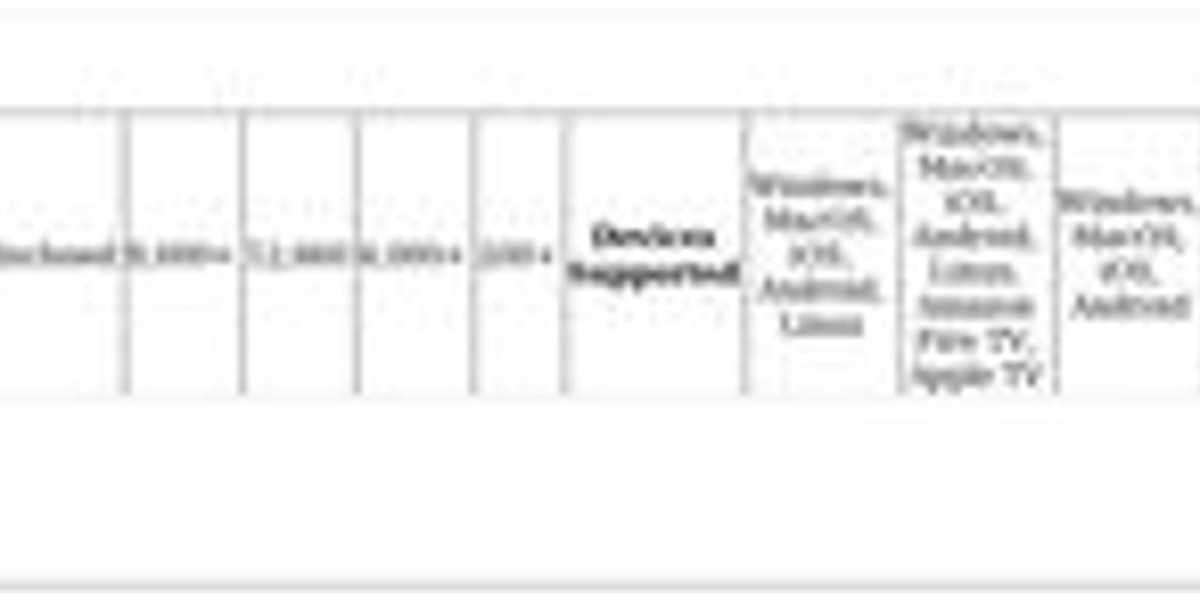Understanding the IELTS English Certificate: A Comprehensive Guide
The International English Language Testing System, typically known as IELTS, is a globally recognized English language proficiency test created to evaluate the language skills of non-native English speakers. It is one of the most widely accepted English language tests for college, migration, and expert purposes in countries where English is the primary language. This article explores the intricacies of the IELTS, providing a detailed summary of the test format, scoring, preparation methods, and frequently asked concerns.
What is IELTS?
IELTS is a standardized test that evaluates prospects' abilities in listening, reading, writing, and speaking. It is collectively managed by the British Council, IDP: IELTS Australia, and Cambridge Assessment English. The test is available in two formats: Academic and General Training. The Academic format appropriates for individuals who wish to study at the undergraduate or postgraduate level in an English-speaking country, while the General Training format is focused on those who are applying for work experience, training programs, or migration.
Test Format
Listening (40 minutes)
- The Listening area includes four audio recordings, each followed by a set of concerns. The recordings differ in context, varying from daily discussions to academic lectures.
- Test takers are needed to respond to 40 concerns, which can consist of multiple-choice, matching, and short-answer formats.
Checking out (60 minutes)
- The Reading section includes 3 passages and 40 concerns. The passages are drawn from books, publications, papers, and other sources.
- For the Academic format, the passages are more intricate and academic in nature, while the General Training format includes passages that are more useful and appropriate to everyday life.
Writing (60 minutes)
- The Writing section comprises two tasks. In Task 1 of the Academic format, prospects need to explain a graph, table, chart, or diagram. In the General Training format, Task 1 includes writing a letter.
- Job 2 needs candidates to write an essay in action to a point of view, argument, or problem.
Speaking (11-14 minutes)
- The Speaking section is a face-to-face interview with an examiner. It is divided into 3 parts: an intro and interview, a long turn where the prospect speaks about a provided topic, and a discussion.
- This section aims to assess candidates' capability to interact efficiently in a range of contexts.
Scoring System
IELTS scores are reported on a scale from 0 to 9, with 9 being the greatest. Each area of the test (Listening, Reading, Writing, and Speaking) is scored individually, and the overall band score is the average of these 4 scores. The scoring is based upon the following criteria:
- Listening and Reading: Correct answers are given one mark each, and the overall score is converted to a band score.
- Composing: Tasks are evaluated based on job achievement/response, coherence and cohesion, lexical resource, and grammatical variety and precision.
- Speaking: Performance is assessed based upon fluency and coherence, lexical resource, grammatical variety and accuracy, and pronunciation.
Test Preparation
Understand the Test Format
- Before starting preparation, it is important to comprehend the format and structure of the IELTS. This consists of acquainting oneself with the types of questions and the time assigned for each section.
Experiment Sample Tests
- Use main IELTS practice materials and sample tests to get a feel for the types of concerns and the level of difficulty. This can assist recognize areas that need improvement.
Develop Language Skills
- Enhance your reading, writing, listening, and speaking skills through routine practice. Read a range of texts, compose essays and letters, listen to English audio, and practice speaking with native speakers or through language exchange programs.
Time Management
- Time management is key in the IELTS. Practice completing jobs within the allocated time to prevent rushing and making careless mistakes.
Seek Professional Help
- Think about enrolling in a preparation course or dealing with a personal tutor who can offer customized assistance and feedback.
Test Day Tips
Arrive Early
- Get to the test center well before the scheduled time to prevent any last-minute tension.
Bring Required Documents
- Guarantee you have all the essential files, including your legitimate recognition and confirmation of test registration.
Stay Calm and Focused
- Manage your tension levels by taking deep breaths and staying focused throughout the test. Keep in mind that the ielts english certificate; please click the next webpage, is simply one action in your journey.
Listen Carefully
- In the Listening area, pay attention to the audio and make notes if essential. Do not get sidetracked or stick around on one question; proceed to the next if you are not sure.
Read Instructions Thoroughly
- Read the directions for each area thoroughly to ensure you comprehend what is needed. This can help prevent unnecessary mistakes.
Answer All Questions

- Even if you are unsure of a response, make an informed guess. There is no penalty for wrong answers, so it is much better to attempt every question.
Regularly Asked Questions (FAQs)
Q: What is the distinction in between the Academic and General Training formats?
- A: The Academic format is designed for individuals who want to study or train in an English-speaking environment, while the General Training format is aimed at those who are requesting work experience or migration. The Reading and Writing areas vary considerably between the two formats, with the Academic format featuring more intricate texts and jobs.
Q: How long are the test results legitimate?
- A: IELTS test results are valid for two years. However, some organizations and organizations might have their own validity durations, so it is necessary to contact them straight.
Q: Can I retake the IELTS if I am not satisfied with my score?
- A: Yes, you can retake the IELTS as lot of times as you need. However, there is a minimum 21-day waiting period in between test attempts.
Q: How do I register for the IELTS?
- A: You can register for the IELTS online through the official IELTS site or by calling your local test center. You will require to provide personal details, choose a test date and area, and pay the registration cost.
Q: Are there any specific requirements for the Speaking test?
- A: During the Speaking test, candidates are examined on their ability to communicate successfully in English. The test is conducted in an in person interview format, and there are no specific requirements other than being able to speak with complete confidence and clearly. Practice speaking in English frequently to construct self-confidence.
The IELTS is an extensive and rigorous test that evaluates a prospect's proficiency in the English language. Whether you are preparing to study abroad, seek employment in an English-speaking nation, or make an application for immigration, the IELTS can be a valuable tool in demonstrating your language skills. By comprehending the test format, preparing adequately, and following the ideas provided, you can increase your opportunities of attaining a high score and reaching your objectives.
Extra Resources
- Authorities IELTS Website: ielts.org
- IELTS Practice Materials: ielts.org/practice
- Test Centers and Dates: ielts.org/locations
By leveraging these resources and following a structured preparation plan, you can with confidence approach the IELTS and attain the desired results.








